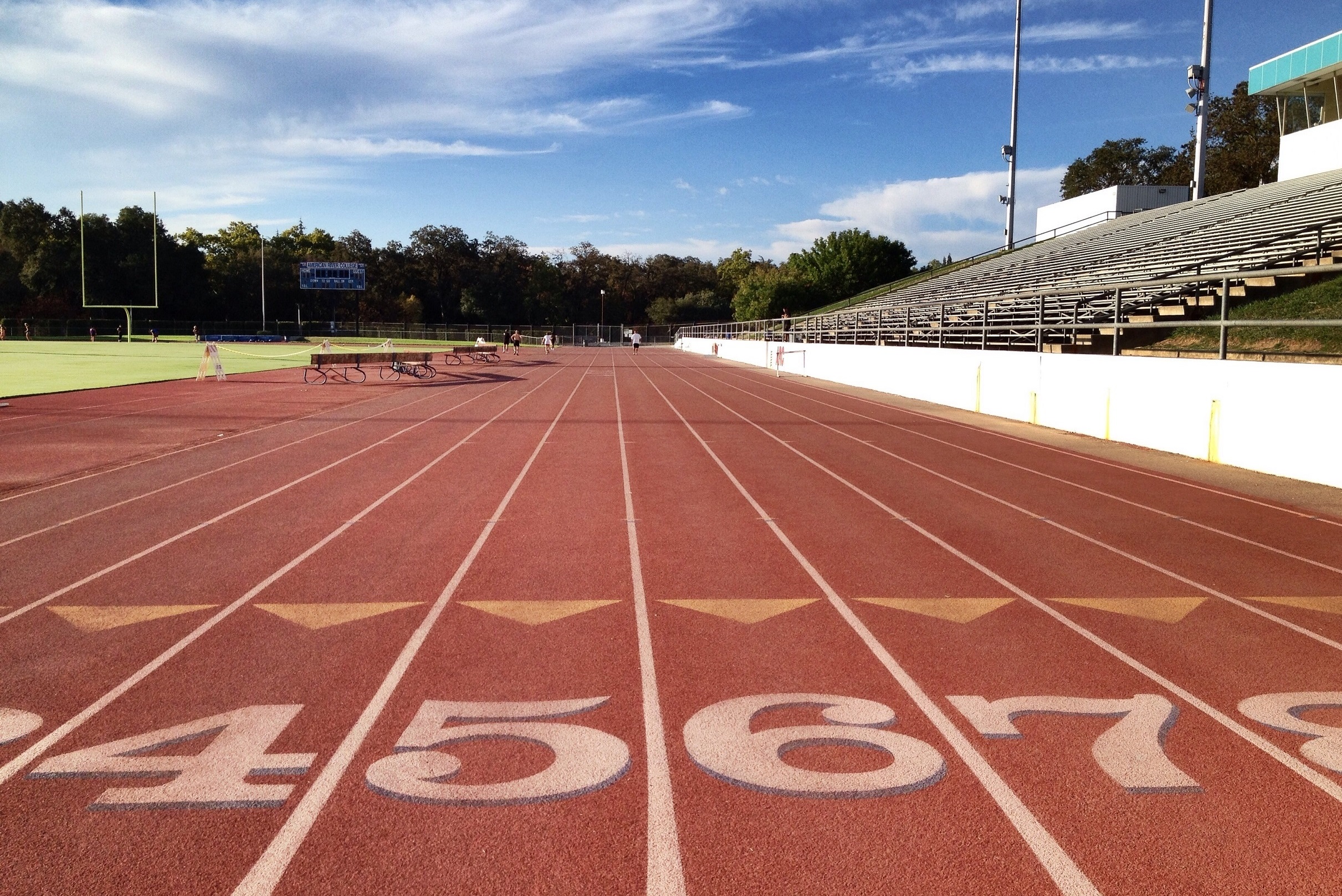Tips for the Student Athlete
By: Other | September 9, 2016

Written by Casey Buck, Intern
Growing up, athletics have always been an important aspect of my life. Now, as a collegiate athlete, many new realities have set in. When I was younger, balancing my training schedule for track and field along with my academic coursework was manageable; in fact, I even had plenty of extra time for friends and family. Now that I am in college, classes alone seem to take priority of my time and it is hard enough to balance it with my training, let alone find any extra time for myself or for socialization. At first, balancing all my commitments seemed impossible. However once I learned that there are new strategies that I can use to help balance these multiple responsibilities better, being a collegiate athlete became not only manageable, but has also become a valuable experience that has taught me many life lessons and skills that can be applied to various aspects in life.
Staying Motivated
The transition between high school and college can be as draining as it is rewarding, it is crucial to have the right mindset in order to remain driven and stay on track with all of your goals and aspirations. Below are tips to help keep you motivated even after a challenging session at the track or an overwhelming day of classes.
- Set realistic goals: Give yourself one challenge each day that you can realistically achieve within a certain time frame. Setting unrealistic or too idealistic goals may result in becoming overwhelmed and giving up on these goals all together.
- Keep trying: College is a new and challenging experience. Don’t give up after “failures.” Instead, learn from them and celebrate your small accomplishments.
- Stay in the moment: It is difficult to change your frame of mind after receiving some discouraging news such as failing a recent test. In order to move forward we have to be willing to look ahead and focus on the next step towards accomplishing our goals.
Develop Time Management Skills
It is easy to get overwhelmed with the many new responsibilities that we are faced with when moving to a different place. Below are some tips that have helped me manage my time and juggle track and field training as well as coursework and classes.
- Get a planner: Writing down all of your due dates for classes as well as important dates for extracurricular activities will help keep you organized and prevent you from falling behind.
- Write reminders: Setting a specific alarm or leaving notes on your desk can help prompt you in finishing important tasks.
- Work on more time consuming tasks first: Work on something like a big research paper before you start other less demanding tasks. That way, you can map out and get an idea of how long this will take you so you can schedule other responsibilities around it and not get behind.
Take Advantage of Resources
For me, joining the track and field team provided benefits that extended way beyond athletic skills learned on the track. This program provided me with lifelong friends and other important resources that I know I can rely on for support when I need it.
- Athletic Tutors: Many different programs will have tutors or counselors that are there to help. For the athletics department, there are academic tutors that help athletes who feel they are falling behind or who need a little extra help in certain classes.
- Teammates: Especially in a sports team as big as track and field, chances are there is a teammate who has taken many of the challenging courses you are enrolled in. Teammates not only offer emotional support, but understand what you are going through and can offer valuable academic and life advice to help from their own unique perspectives.
- Coaches: It may be intimidating to speak to a coach if you are struggling or seeking help, but chances are they are there to support you and want to see you achieve success. Whenever I have reached out to my coaches for help and advice, they have been nothing but supportive and understanding, and they can even offer their own perspective as someone who has gone through a similar experience as a college athlete.
Taking Time for Yourself
It is easy to get overwhelmed by all the new responsibilities that come with going to college and being involved with extracurricular activities, but it is important to set aside some time for yourself as downtime to de-stress.
- Respite: Devote a certain amount of time each day or each week to doing activities that you like, or that make you feel better. Some activities that would help me wind down and relax were watching my favorite show on Netflix, reading a book, or doing mindfulness activities such as guided meditation.
- Socialize: Hang out with friends or teammates outside of school. Go to the movies over the weekend. It’s nice to take a mental break from your responsibilities and live in the moment with friends.
The transition from high school to college as a student athlete can be overwhelming at times, but you will learn values and lessons that will stay with you. It is also important to keep in mind that there are many resources available to you if you need extra support and guidance. I and many others have found that the insights and guidance of a professional therapist can been beneficial in helping you achieve the most successful version of yourself.
Image: Ray Bouknight on flickr and reproduced under Creative Commons 2.0



